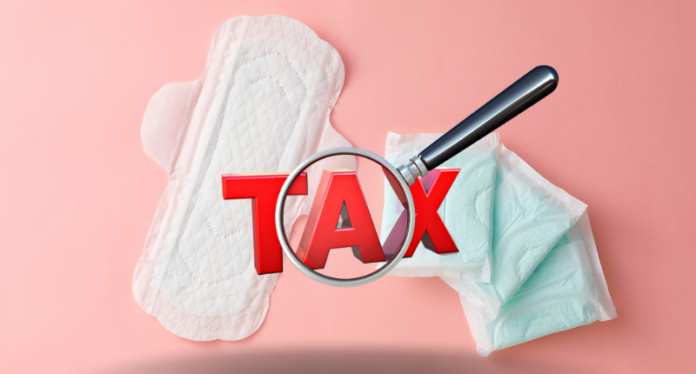A legal battle has emerged in Pakistan over the 18% sales tax on menstrual hygiene products, often referred to as the “period tax,” with critics arguing that it imposes an unjust financial burden on women.
According to media reports, the case, Mahnoor Omer v. The Federation of Pakistan, had its first hearing at the Lahore High Court recently. The petition, filed in September, asserts that these taxes are discriminatory and violate women’s constitutional rights to equality, dignity, and social justice, as guaranteed by the Constitution.
A similar petition was filed by a Karachi-based female lawyer in October before the Sindh High Court, arguing that menstrual hygiene products should be recognised as ‘essential health items’ rather than taxable goods.
The government has long imposed an 18% sales tax on locally manufactured sanitary pads and a 25% customs tax on imported sanitary products and raw materials under the Sales Tax Act of 1990.
Both petitions argue that these taxes, which disproportionately affect women, are discriminatory and violate constitutional provisions promoting equality, dignity, and social justice.
According to a 2024 UNICEF and WaterAid study, only 12% of Pakistani women use commercially produced sanitary pads. UNICEF estimates that the tax can increase the retail price of these products by up to 40%, making them unaffordable for 109 million women across the country.
In rural areas, only 16.2% of women use sanitary pads due to high costs, while alternatives like rags or cloths are commonly used, which pose significant health risks.
Civil society organizations and health experts have called the tax a “gender bias in disguise,” arguing that it reflects a deep-rooted insensitivity in fiscal policy. With a single pack of 10 sanitary pads now costing around Rs450, the price is steep, especially when the average monthly income in Pakistan is about Rs33,000, making menstrual products as costly as basic household necessities.
Activists point out that many countries, including India and the United Kingdom, have already removed taxes on menstrual products, recognizing them as essential health necessities. They urge the Pakistani government to do the same to align with global standards of health and equality.
The Lahore High Court has issued notices to the federal government, the Federal Board of Revenue (FBR), and other relevant departments to submit their replies. The next hearing is expected later this month.
Similarly, the Sindh High Court has issued notices to the FBR, Ministry of Law & Justice, Excise & Taxation Department of Sindh, and the provincial health secretary, demanding their responses.




